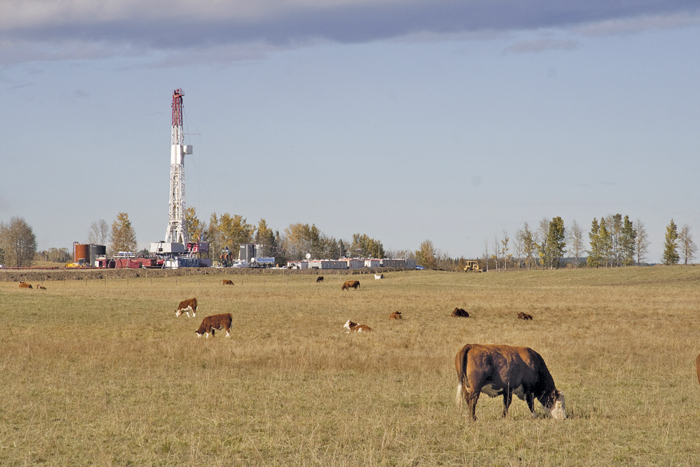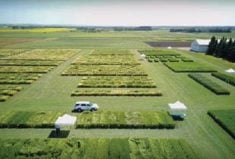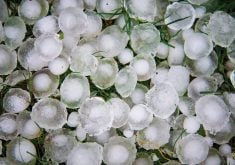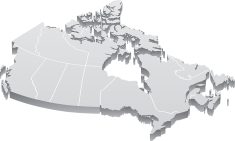A plunging loonie and free-falling oil prices will create winners and losers — and farmers will clearly be in the winners’ circle, according to one of Alberta’s top economists.
“Agriculture, forestry and tourism will all do well,” said Todd Hirsch, senior economist with ATB Financial.
“It’s really a big benefit to agriculture that we are seeing good prices for cattle, as well as input costs, like fuel, falling.”
Calgary-based Hirsch, a nationally known commentator and author, isn’t alone in predicting the big drop in oil prices and the currency will be good for farmers.
Read Also

Alberta boosts investment in wetland restoration
The province plans to add 67 hectares of new wetlands to strengthen natural flood and drought defences and improve water quality.
“Agriculture may be a sector where the positives outweigh the negatives,” said Michael Burt, director of industrial economic trends with the Conference Board of Canada.
Another big positive is the buoyant U.S. economy, where consumer confidence is shooting up as businesses expand and unemployment falls, said Hirsch.
“Incomes, consumers, and jobs are all coming back in the States, which adds to more consumption of higher discretionary items like steak,” he said. “In a downturn, people tend to buy more hotdogs. When incomes are rising and confidence is rising, people buy T-bone steaks and restaurant meals, and tend to consume higher-value items like beef.”
But Hirsch also has some advice: Use this opportunity to invest in the future.
“The U.S. will always be the largest market, just because of geography and the size of the American economy and everything else — but overreliance on any one market is never a good thing,” he said.
“It would be really great if we could continue diversifying. Our free trade agreement with South Korea offers some opportunities. There are 50 million people in South Korea, and they’re a first world country with rising incomes.”
That’s food for thought and a call for more investment is one of the impacts covered in our Feb. 2, 2015 issue of Alberta Farmer.
Our series of Big Drop stories also looks at the impact of the falling dollar and oil prices on inputs, labour, local food, and the beef industry — specifically exports, feeders, and the packing industry.
















